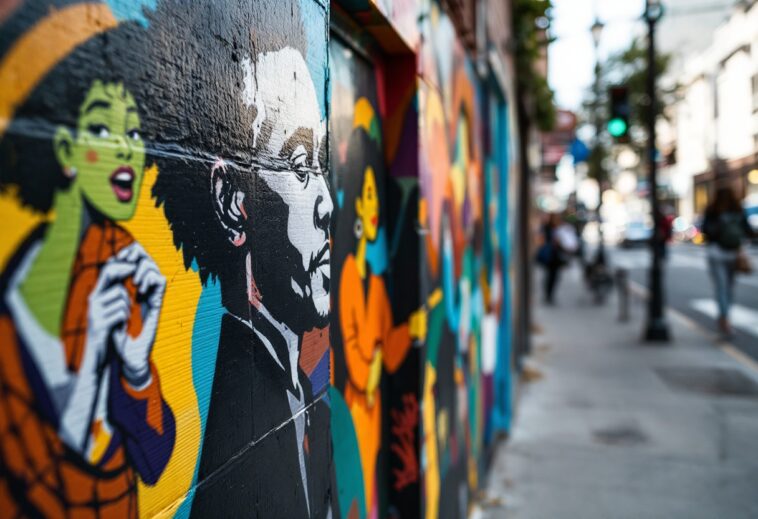Table of Contents
Introduction: Music as a Political Platform
In recent years, the intersection of music and politics has become increasingly pronounced, with artists using their platforms to express their views and engage with current events. This phenomenon has sparked debates about authenticity, loyalty, and the responsibilities of public figures.
The recent controversy surrounding rapper Nelly’s performance at President Donald Trump’s inauguration festivities exemplifies this cultural clash, as fellow artist Janelle Monáe publicly condemned him for his choice. This article delves into the implications of such performances and the reactions they provoke, particularly among younger generations who are more politically aware and vocal.
The Backlash Against Nelly: A Case Study
Nelly, whose real name is Cornell Iral Haynes Jr., faced significant backlash after performing at the Liberty Ball, an event celebrating Trump’s inauguration. Outspoken artist Janelle Monáe criticized him during a Grammys afterparty, calling him a “motherf—ing fool” for aligning himself with a controversial political figure.
Monáe’s comments reflect a broader sentiment among many in the music industry who feel that artists should take a stand against political figures they perceive as harmful. This incident highlights the generational divide in how political affiliations are viewed in the entertainment industry, particularly among Gen Z and millennials who prioritize social justice and authenticity.
Artists and Their Political Choices
For many artists, performing for a political figure can be seen as a betrayal of their values, especially if that figure has a history of controversial policies. Nelly defended his performance by stating it was an honor to perform for the highest office in the nation, emphasizing respect for the presidency rather than the individual holding the office.
This perspective raises questions about the role of artists in political discourse. Should they separate their art from their political beliefs, or is it their duty to use their influence to advocate for change? The answer is complex and varies widely among artists, with some choosing to engage politically while others prefer to remain neutral.
The Role of Social Media in Shaping Public Opinion
Social media plays a crucial role in shaping public opinion and amplifying voices in the music industry. Monáe’s comments quickly spread across platforms like Twitter and Instagram, igniting discussions about accountability and the responsibilities of artists. The immediacy of social media allows fans to engage directly with their favorite artists, creating a space for dialogue but also for backlash. This dynamic is particularly relevant for younger audiences who are more likely to hold artists accountable for their choices. As a result, artists must navigate a landscape where their actions can lead to swift and widespread criticism, forcing them to consider the implications of their political affiliations more carefully.
Conclusion: The Future of Music and Politics
The relationship between music and politics is evolving, with artists increasingly finding themselves at the center of cultural debates. As younger generations demand authenticity and accountability from public figures, artists like Nelly and Janelle Monáe will continue to navigate the complexities of their political choices. The ongoing dialogue surrounding these issues reflects a broader societal shift towards greater awareness and activism, suggesting that the intersection of music and politics will remain a significant topic in the years to come.




